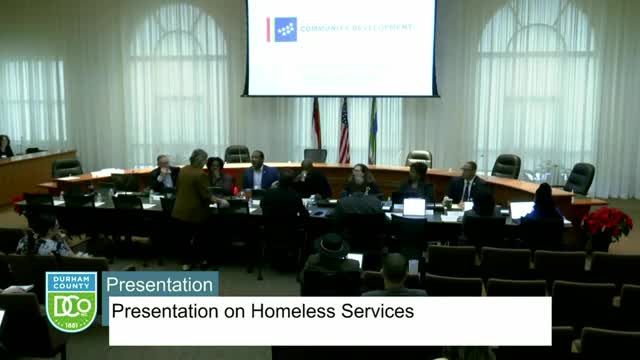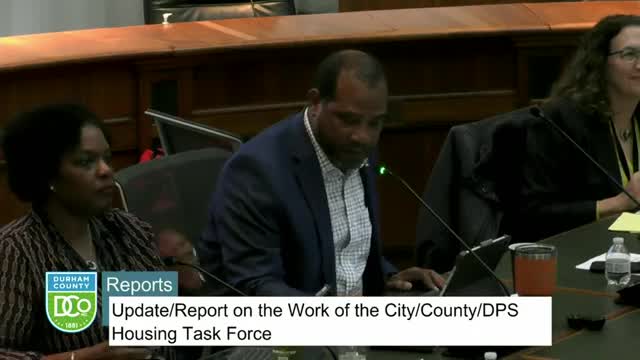Article not found
This article is no longer available. But don't worry—we've gathered other articles that discuss the same topic.

City and county detail homelessness system, needs and funding request; HSAC to seek $1.2M from city and $1.2M from county for next fiscal year

City–county housing task force to release needs assessment early next year; subcommittees examining gap financing, land use and pre‑shelter connections

